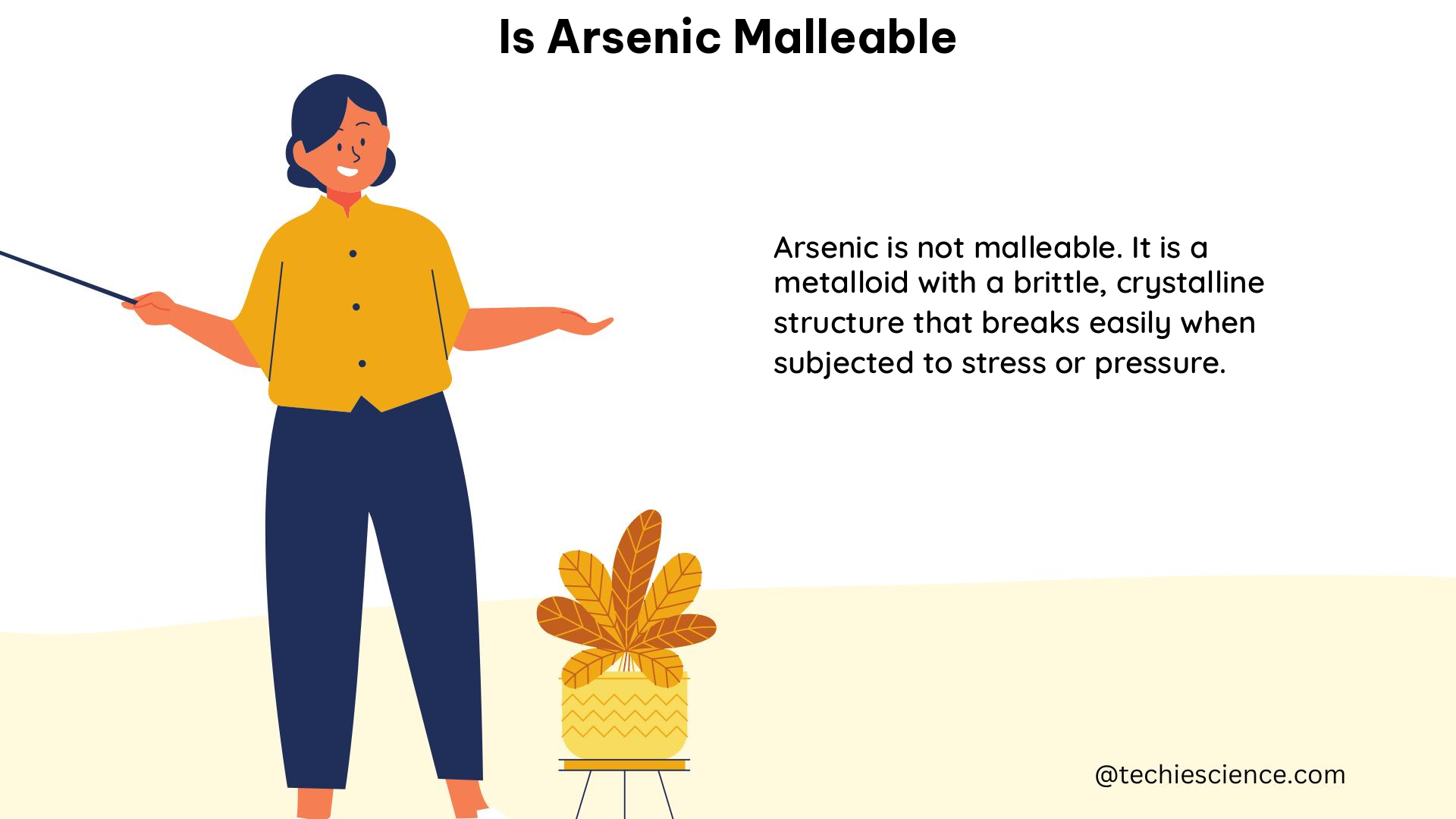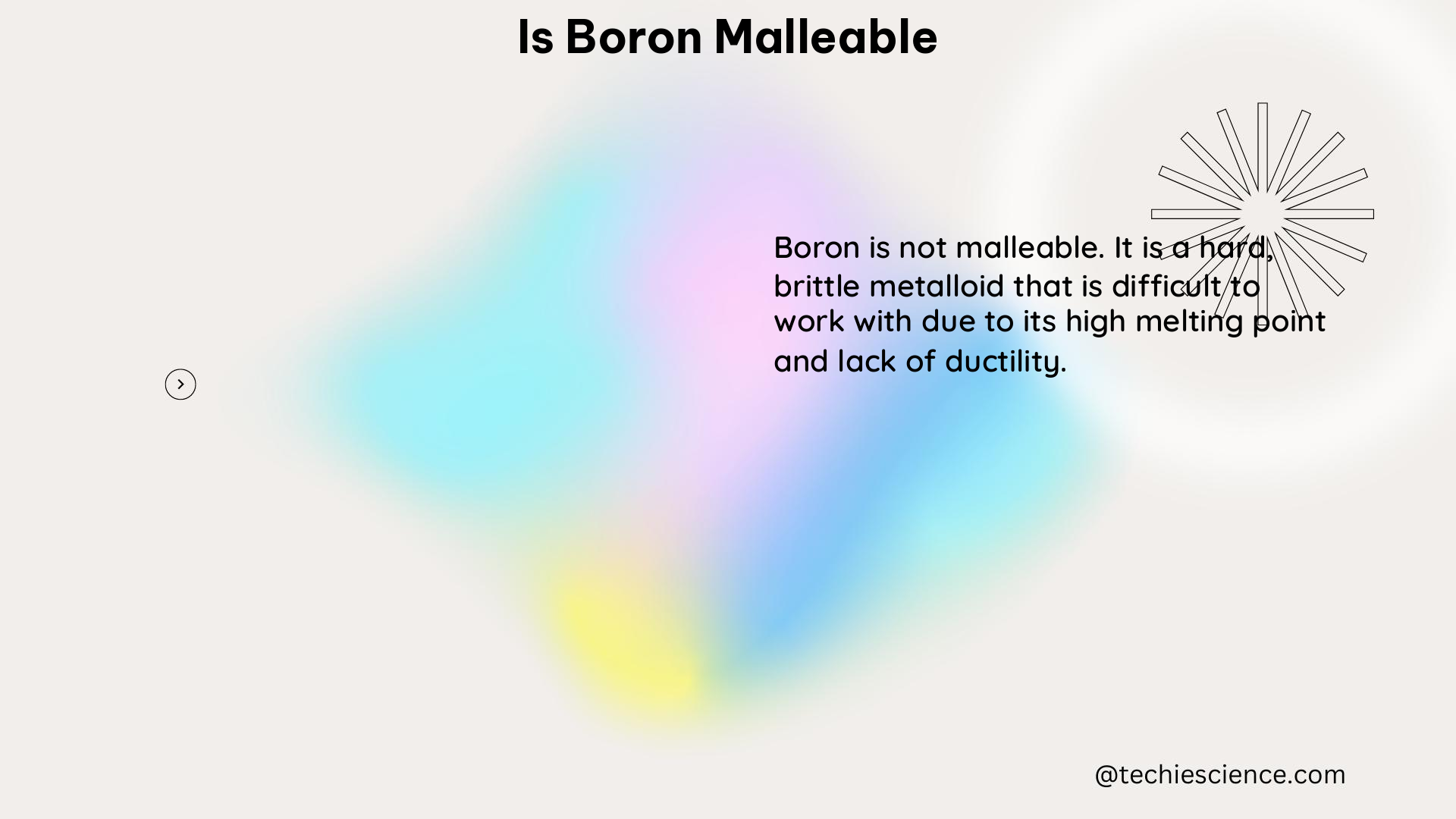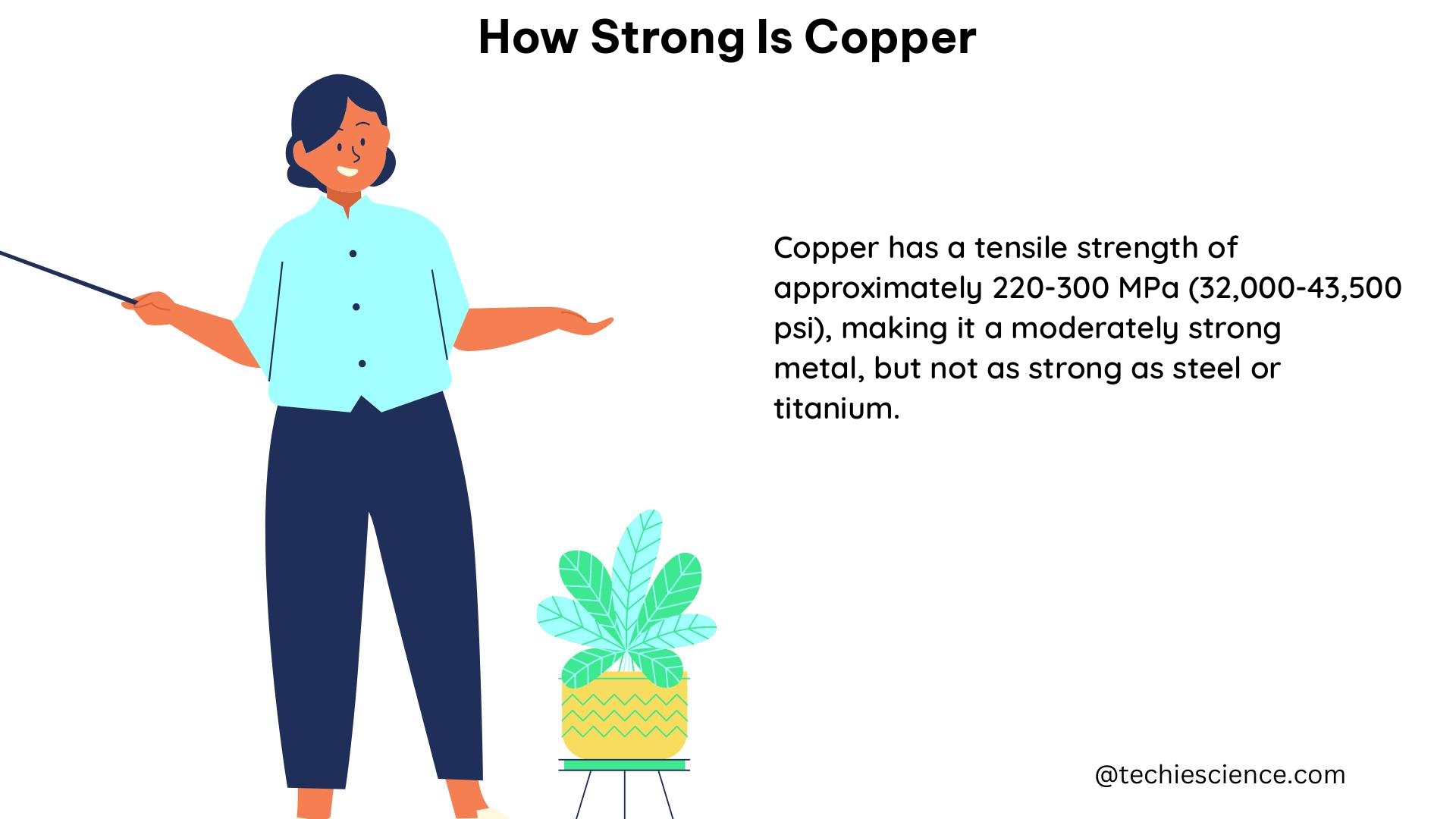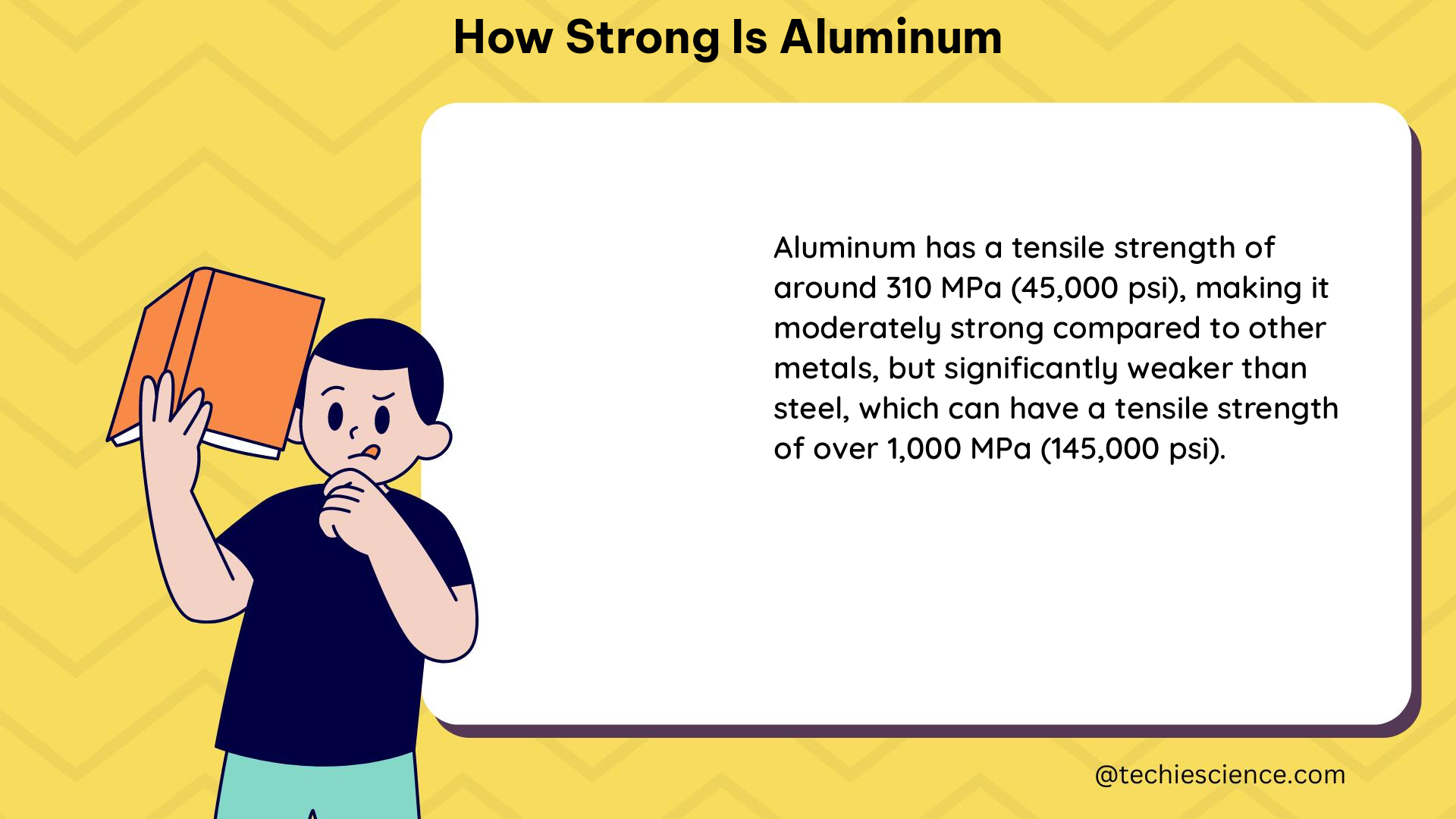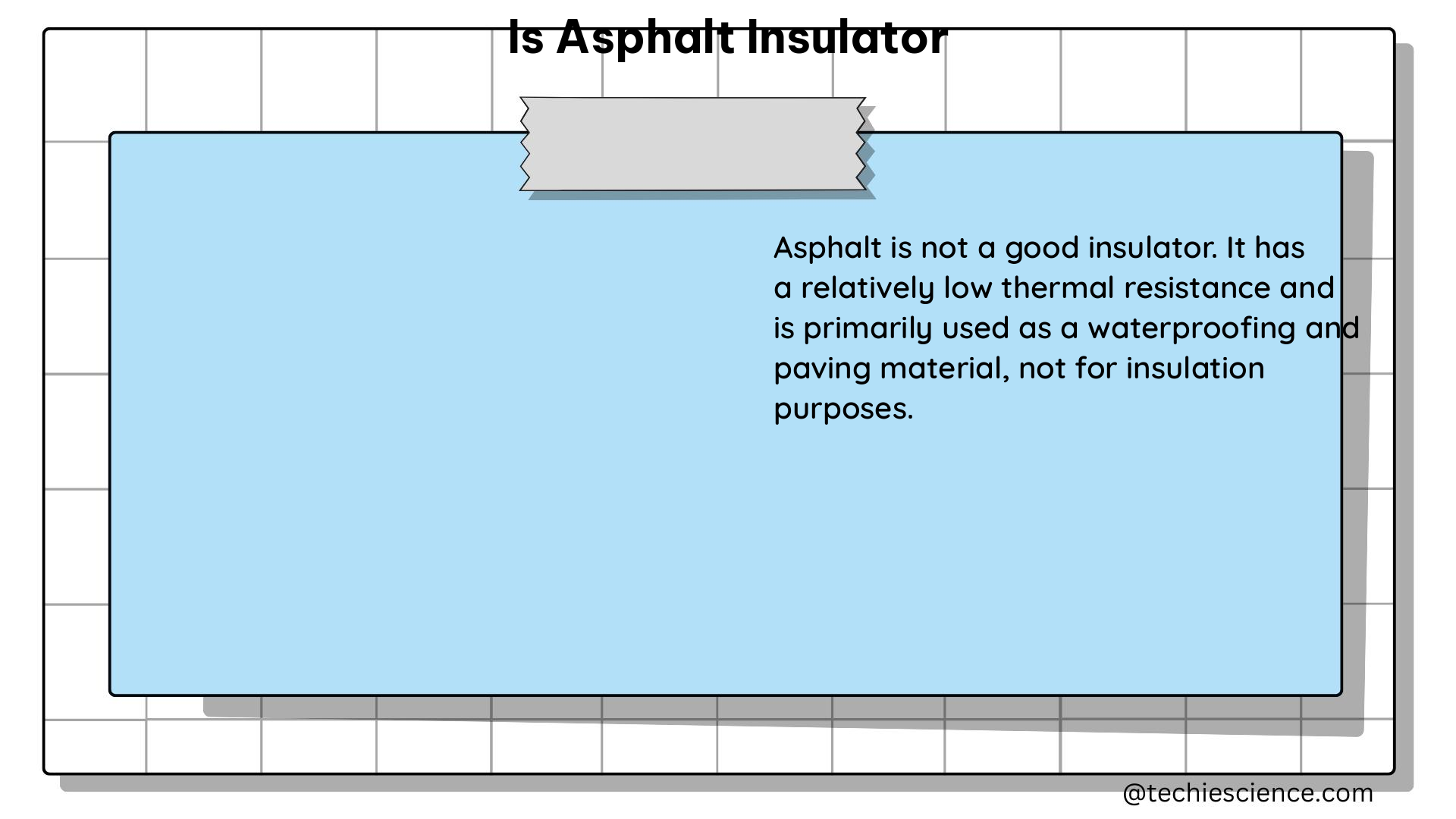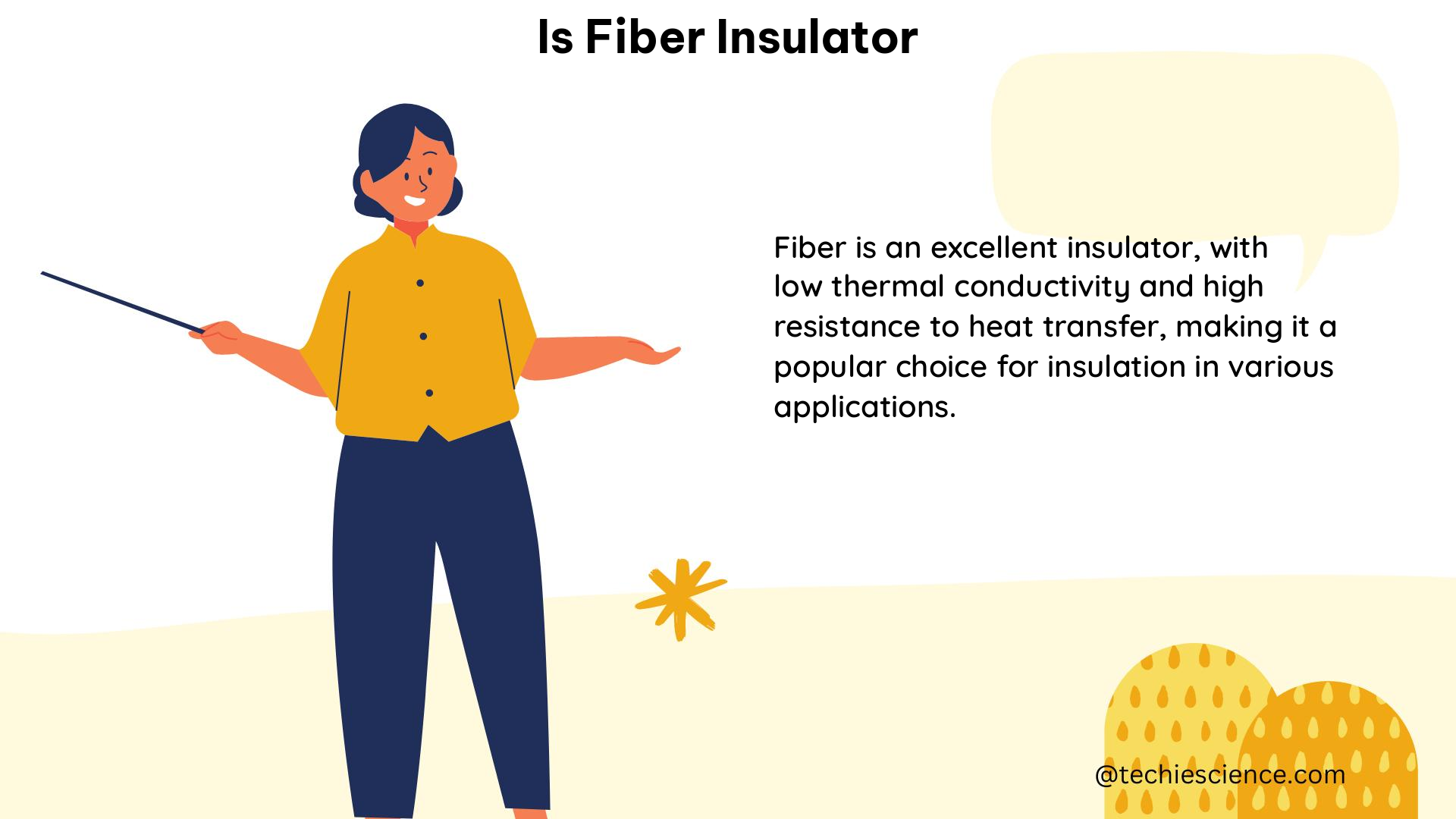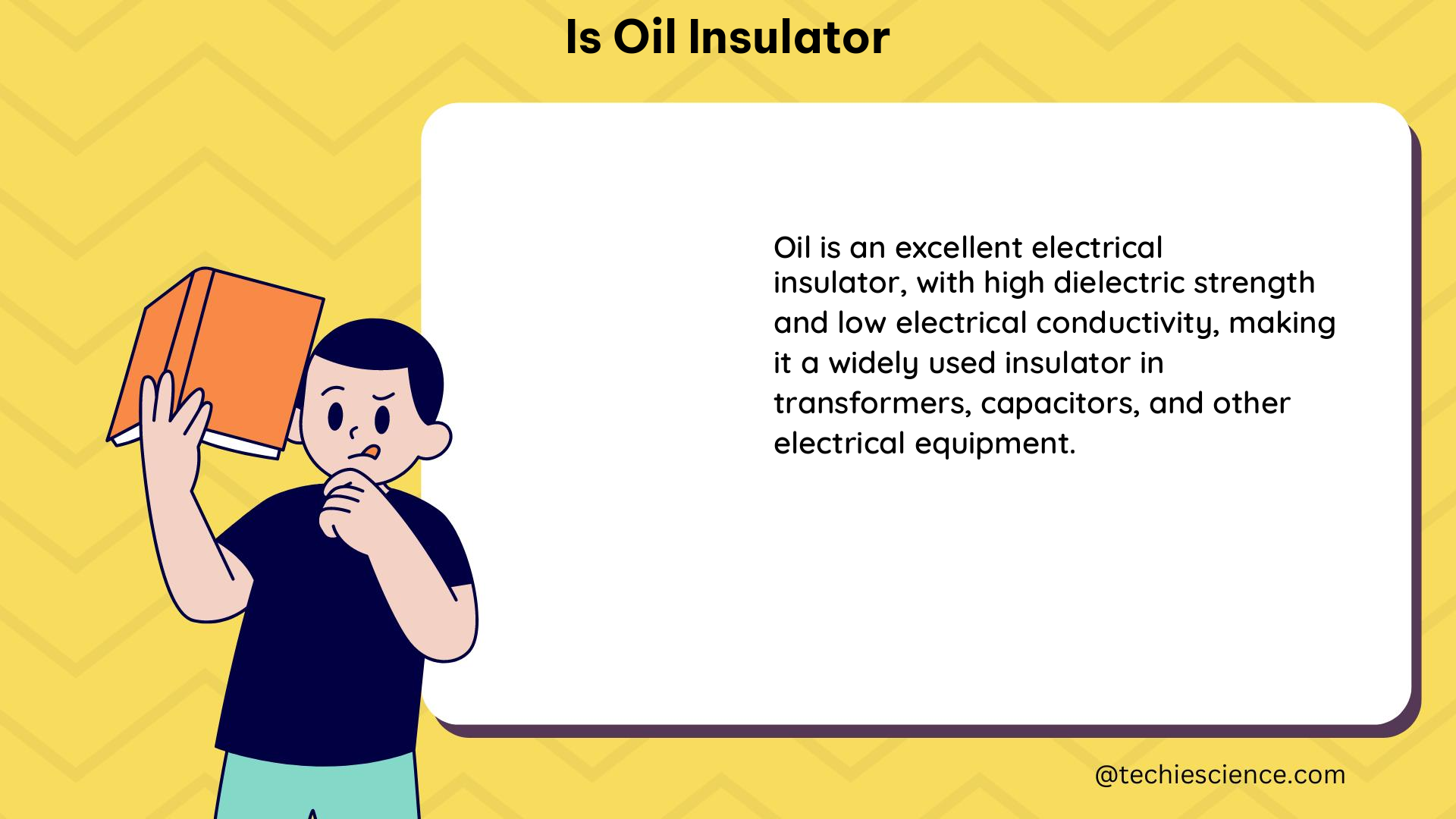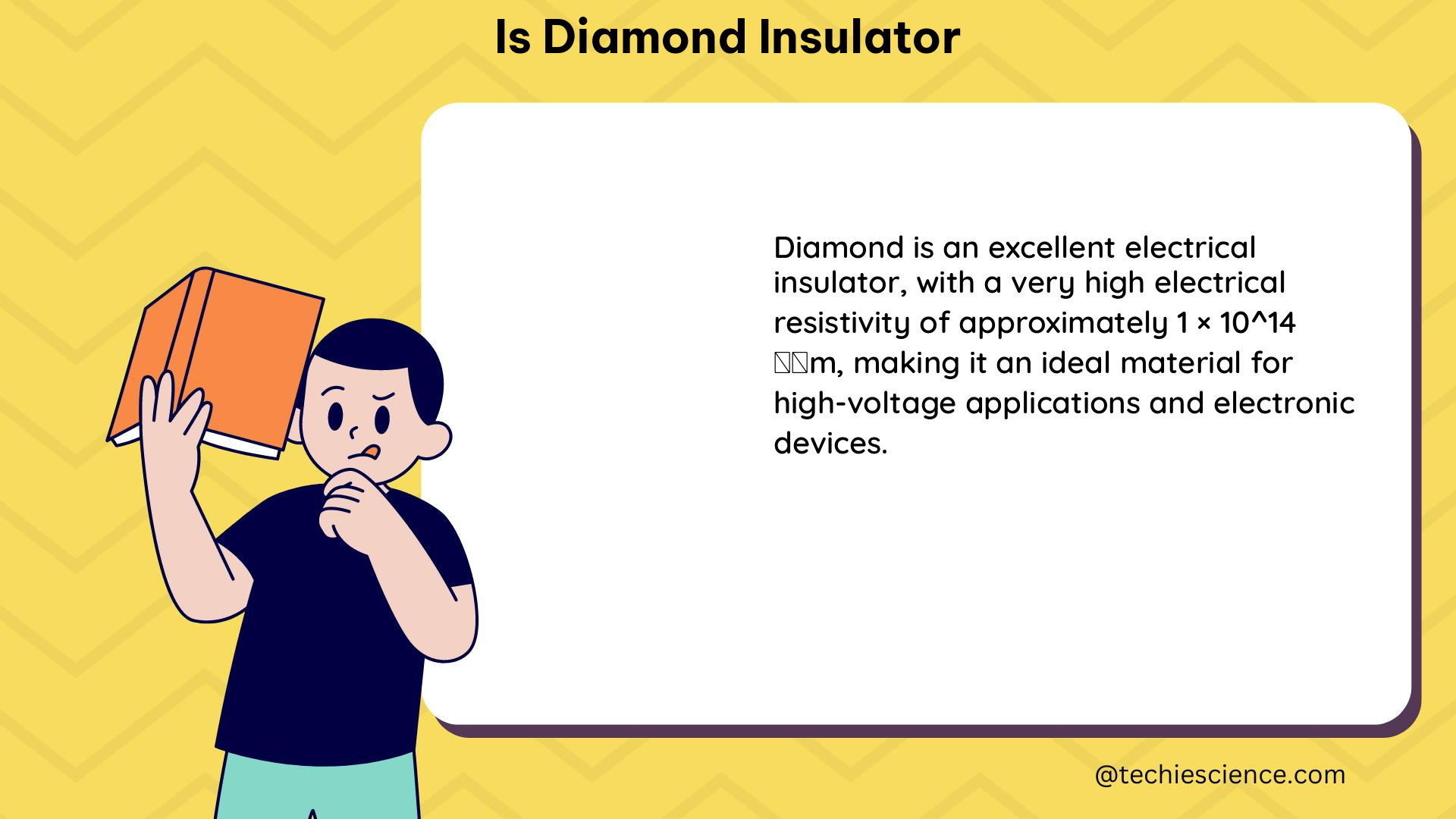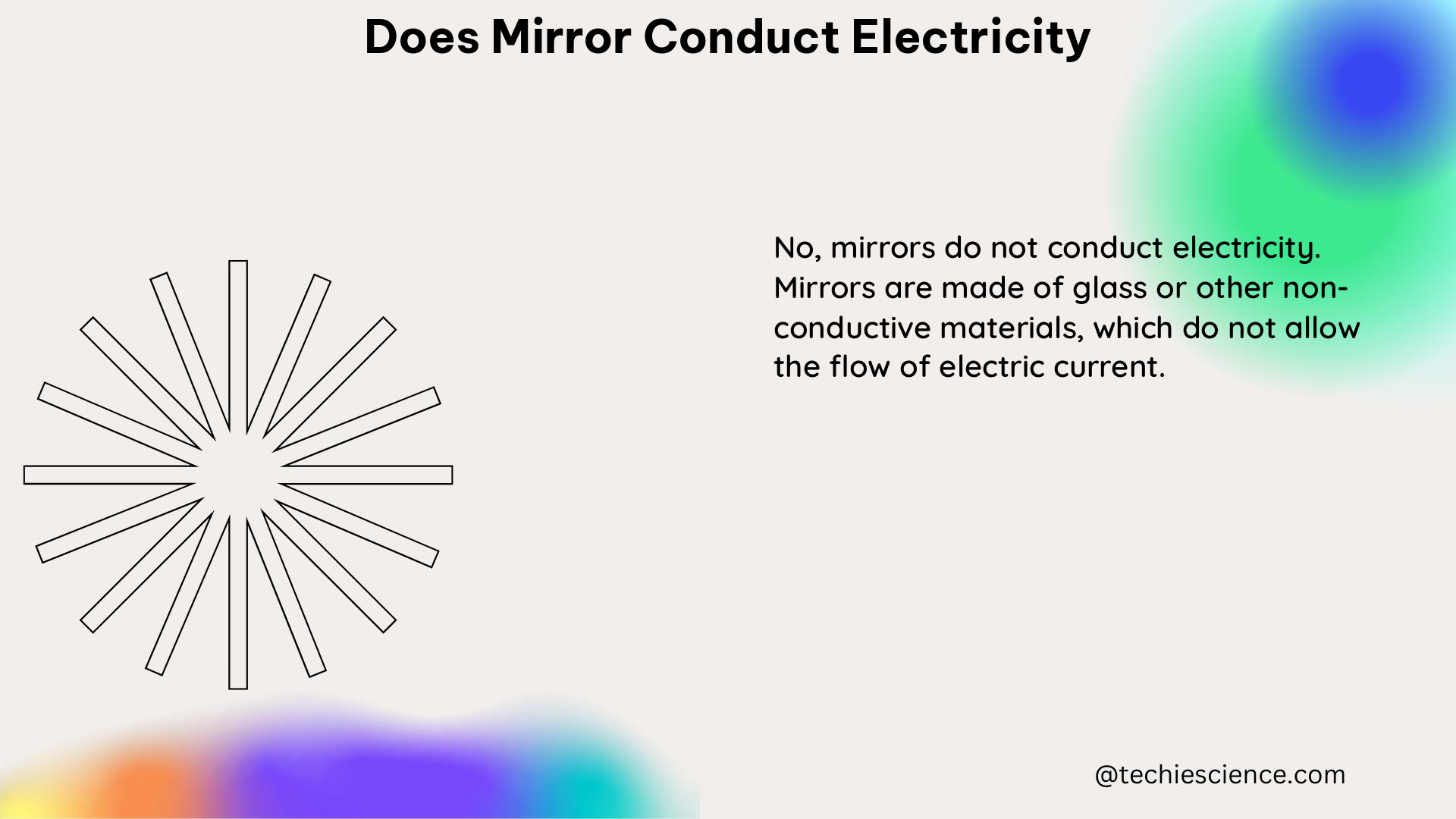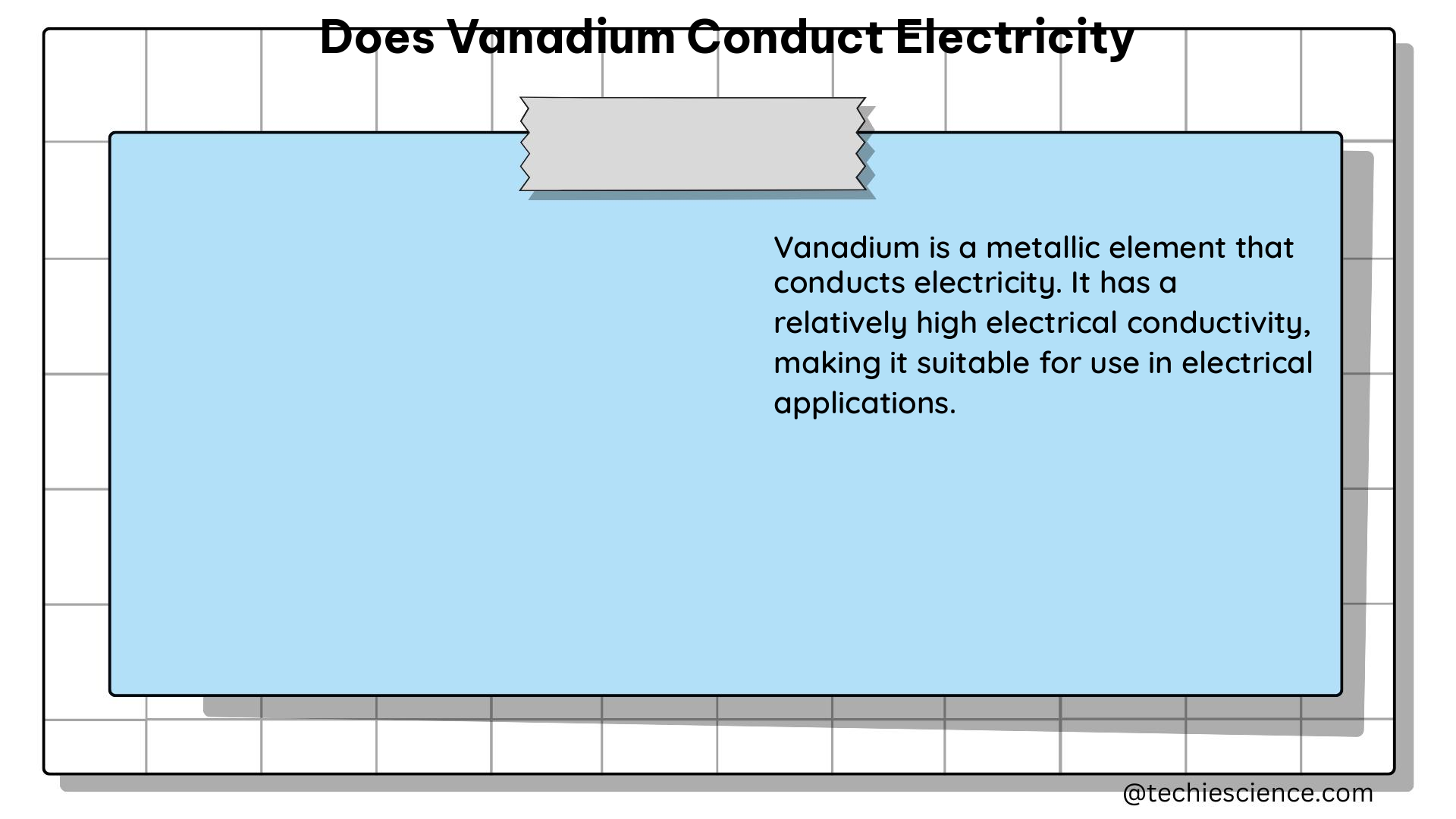Is Arsenic Malleable?
Arsenic is a chemical element with the symbol As and atomic number 33. It is a metalloid, which means it has properties of both metals and nonmetals. Contrary to the properties of metals, arsenic is not malleable, which is a characteristic that allows metals to be hammered or pressed into shape without breaking or cracking. … Read more
